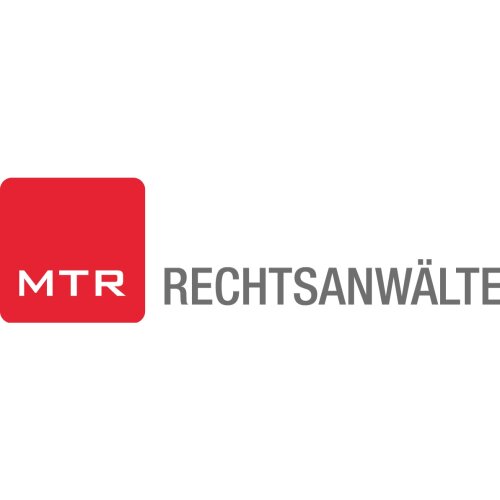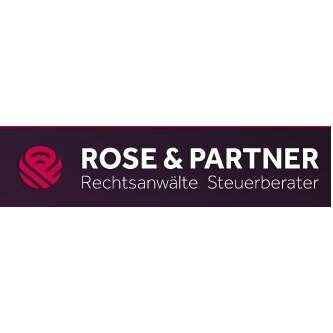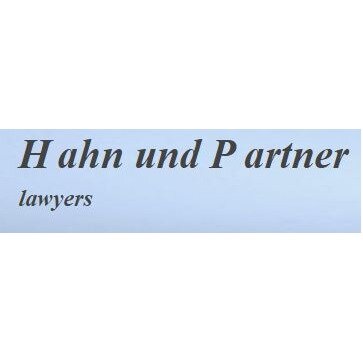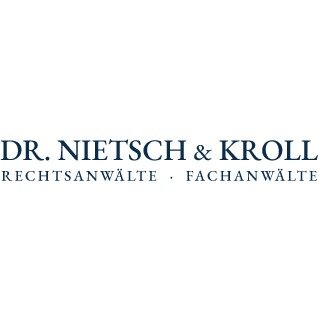Best Sanctions & Export Controls Lawyers in Hamburg
Share your needs with us, get contacted by law firms.
Free. Takes 2 min.
List of the best lawyers in Hamburg, Germany
About Sanctions & Export Controls Law in Hamburg, Germany
Sanctions and export controls are key components of international trade law, aimed at regulating the movement of goods, services, and capital across borders. In Hamburg, Germany's largest port city and a major commercial hub, these rules are strictly enforced to promote global security, ensure compliance with international obligations, and protect national interests. German law integrates European Union (EU) regulations, United Nations (UN) resolutions, and national provisions to govern which products, technologies, and financial transactions are subject to restrictions or require licenses. Companies and individuals operating in Hamburg must adhere to these laws or risk severe penalties.
Why You May Need a Lawyer
The complexity of Sanctions & Export Controls law makes legal guidance essential in several scenarios:
- Exporting dual-use goods (items with both civilian and military applications) that may require special authorization
- Trading with countries or entities subject to EU or UN sanctions
- Handling embargoed goods or working in industries like shipping, logistics, and finance with international exposure
- Responding to customs investigations or audits regarding export compliance
- Challenging or responding to administrative fines or criminal charges related to unlawful exports
- Developing company-wide compliance programs to avoid inadvertent violations
An experienced sanctions and export controls lawyer in Hamburg can help navigate these challenges, provide up-to-date advice on evolving laws, and represent you during proceedings with authorities.
Local Laws Overview
In Hamburg, Sanctions & Export Controls law is closely aligned with the regulatory structure of Germany and the EU.
- EU Regulations: The most relevant rules come from binding EU regulations, particularly those on dual-use items and restrictive measures against specific countries or individuals.
- German Foreign Trade and Payments Act (AWG) and the Foreign Trade and Payments Ordinance (AWV): These national laws implement and supplement EU legislation, specifying which exports require permits and under what circumstances transactions are prohibited.
- Customs Oversight: Customs authorities in Hamburg inspect exports and imports, ensuring compliance with applicable controls.
- Criminal and Administrative Penalties: Breaching sanctions or export controls can lead to heavy fines and imprisonment under German law.
- Specific Industries: The port of Hamburg is a focus area for authorities enforcing these regulations because of its international trade significance.
Legal requirements can shift quickly as new sanctions are implemented or lifted, and local enforcement is robust. Companies must maintain current knowledge and proper documentation to demonstrate compliance.
Frequently Asked Questions
What are export controls?
Export controls are laws and regulations that restrict or regulate the export of certain goods, technologies, software, and services to safeguard security and foreign policy objectives.
Which goods are subject to export controls in Hamburg?
Goods that are considered dual-use or military items, as well as certain chemicals, technologies, and software, are subject to export controls. The restrictions are outlined in the EU Dual-Use Regulation and German law.
What are sanctions?
Sanctions are legal measures imposed to limit dealings with specific countries, individuals, groups, or entities, often as part of an international response to threats or violations of international law.
Do I need a license to export to sanctioned countries?
In most cases, yes. Exporting to sanctioned countries typically requires special government authorization. In many situations, exports are completely prohibited. Consulting a lawyer or compliance specialist is highly recommended.
Who enforces export controls and sanctions in Hamburg?
Customs authorities and the German Federal Office for Economic Affairs and Export Control (BAFA) are primarily responsible for enforcement, often in cooperation with EU bodies.
What happens if I violate sanctions or export controls?
Violations can result in heavy fines, imprisonment, revocation of export privileges, and reputational harm. Authorities may also seize goods or block transactions.
Are there exceptions to export controls or sanctions?
Some exceptions exist, for example for humanitarian aid or specific civilian uses, but these are strictly defined and require proper paperwork and authorization.
How can my business stay compliant with these laws?
Implement regular compliance checks, train staff, keep up to date with legal changes, and seek legal advice when unclear. Many companies develop internal compliance programs with legal assistance.
Can individuals be affected by these laws, or do they only apply to companies?
Both individuals and companies can be held liable for violations. Anyone involved in trading, shipping, financing, or facilitating exports needs to comply, whether acting on their own or as part of a business.
How can I find out if a product is subject to export controls?
Consult the EU Dual-Use list, German export lists, or contact the BAFA or a specialized lawyer. Professional legal advice is recommended to avoid costly mistakes.
Additional Resources
- Federal Office for Economic Affairs and Export Control (BAFA): The main authority for export control licensing and information in Germany.
- Customs Office Hamburg: Provides local enforcement of customs and export control regulations.
- Hamburg Chamber of Commerce: Offers guidance and training for businesses on compliance with trade laws.
- European Commission (DG Trade): Publishes up-to-date information on EU-wide sanctions and export control measures.
- Local law firms with expertise in sanctions and export controls: Many firms in Hamburg specialize in this area and can offer tailored advice.
Next Steps
If you believe you may be impacted by sanctions or export controls regulations in Hamburg, take the following steps:
- Review your business activities or planned transactions for potential exposure to sanctions or export controls.
- Gather all relevant documents, such as contracts, invoices, and product descriptions.
- Consult with a qualified lawyer or compliance expert specializing in sanctions and export controls. They can assess your situation, help identify any risks, and guide you on compliance or defense strategies.
- Stay informed about regulatory updates from BAFA, the EU, and local authorities.
- Consider implementing or updating an internal compliance program for your business.
With the right guidance, you can minimize legal risks and ensure smooth, lawful international operations in Hamburg.
Lawzana helps you find the best lawyers and law firms in Hamburg through a curated and pre-screened list of qualified legal professionals. Our platform offers rankings and detailed profiles of attorneys and law firms, allowing you to compare based on practice areas, including Sanctions & Export Controls, experience, and client feedback.
Each profile includes a description of the firm's areas of practice, client reviews, team members and partners, year of establishment, spoken languages, office locations, contact information, social media presence, and any published articles or resources. Most firms on our platform speak English and are experienced in both local and international legal matters.
Get a quote from top-rated law firms in Hamburg, Germany — quickly, securely, and without unnecessary hassle.
Disclaimer:
The information provided on this page is for general informational purposes only and does not constitute legal advice. While we strive to ensure the accuracy and relevance of the content, legal information may change over time, and interpretations of the law can vary. You should always consult with a qualified legal professional for advice specific to your situation.
We disclaim all liability for actions taken or not taken based on the content of this page. If you believe any information is incorrect or outdated, please contact us, and we will review and update it where appropriate.













